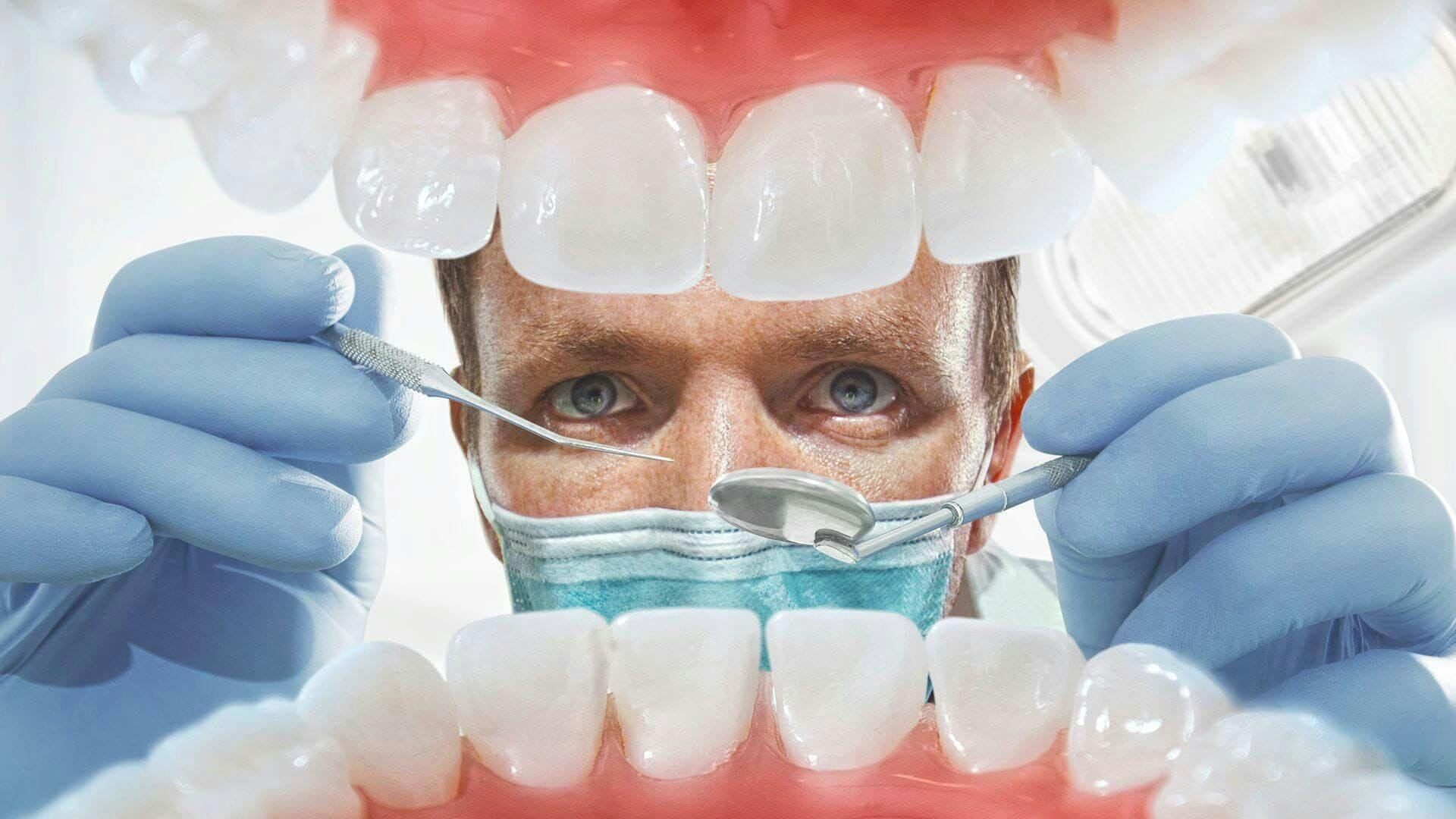What to Get out of Your First Visit to a Dentist in Eugene Oregon
What to Get out of Your First Visit to a Dentist in Eugene Oregon
Blog Article
An Overview to Common Oral Problems That Require a Dental expert's Care
Toothaches, for instance, can be symptomatic of extreme problems such as cavities, cracked teeth, or abscesses, each calling for details treatments like fillings or origin canals. Affected wisdom teeth and jaw disorders can present substantial discomfort and complications.
Toothaches
Toothaches are a common oral problem that can vary from moderate discomfort to extreme discomfort, typically suggesting an underlying problem that needs professional interest. This pain can originate from a range of sources, consisting of dental tooth cavities, split or fractured teeth, and dental abscesses. Each of these problems positions substantial dangers if left untreated, possibly resulting in extra severe difficulties.
Dental cavities, additionally known as decays, are triggered by the accumulation of plaque that wears down tooth enamel, leading to holes or pits in the affected teeth. Abscesses are painful infections at the origin of a tooth or between a tooth and the periodontal, commonly resulting from extreme decay or unattended tooth cavities.
Effective treatment of toothaches involves dealing with the root cause. This may include fillings for tooth cavities, crowns for broken teeth, or root canals and prescription antibiotics for abscesses. Very early treatment by a dental expert can prevent more damage and reduce pain, making sure ideal oral health.
Gum Illness
Gum disease, a prevalent yet typically neglected oral problem, manifests through swelling and infection of the periodontals and supporting tissues. This condition mostly occurs in 2 phases: gingivitis and periodontitis. Gingivitis, the milder type, presents with signs and symptoms such as red, inflamed gum tissues that might bleed easily throughout cleaning or flossing. If left without treatment, gingivitis can advance to periodontitis, a more severe kind defined by the destruction of the supporting bone and connective tissue, ultimately resulting in tooth loss.
The main source of periodontal disease is bacterial plaque, a sticky, anemic movie that continuously forms on teeth. Poor oral health, smoking, hereditary predisposition, and specific clinical conditions, such as diabetes, can worsen the danger of developing gum tissue disease. Routine dental examinations are critical for very early detection and administration of this condition.
Therapy for periodontal illness varies from expert oral cleansing and scaling to more sophisticated procedures like origin planing and periodontal surgical treatment, depending upon the seriousness. Maintaining excellent dental health techniques, including brushing twice daily, flossing, and using a disinfectant mouthwash, can substantially decrease the threat of gum tissue illness and promote much healthier periodontals.
Cavities
Dental caries, also recognized as tooth decays, are a typical dental problem characterized by the devastation of tooth enamel due to acid-producing microorganisms in the mouth. These bacteria prosper on sugars and starches from food and beverages, creating acids that progressively wear down the enamel, leading to tooth cavity formation.
Early-stage tooth cavities may disappoint signs and symptoms, however as they proceed, they can trigger tooth pain, sensitivity to warm or cool, visible openings or pits in the teeth, and staining. If left without treatment, cavities can permeate much deeper layers of the tooth, potentially leading to extreme discomfort, infection, and even missing teeth.
Protecting against cavities includes a mix of great dental hygiene techniques and nutritional habits. Normal brushing with fluoride toothpaste, flossing, and routine oral examinations are important. Dental professionals might additionally advise additional precautionary actions, such as fluoride treatments and dental sealants, to secure teeth from decay.
Therapy for cavities depends on their seriousness. Small dental caries can be resolved with oral fillings, which recover the tooth's framework. Advanced cases may need crowns and even root canal treatment if the degeneration has actually gotten to the tooth's pulp. Timely intervention by a dental expert is necessary to prevent complications and maintain total dental wellness.

Impacted Knowledge Teeth
Impacted wisdom teeth are a common oral issue that occurs when the third molars, commonly referred to as wisdom teeth, fall short to fully emerge or line go right here up effectively within the mouth. This condition typically arises from not enough room in the jaw or an abnormal growth angle of the teeth. Affected knowledge teeth can lead to a range of difficulties, consisting of damages, infection, and discomfort to surrounding teeth.
When knowledge teeth come to be influenced, they are often partially erupted or remain entirely below the gum line. This partial eruption can create a pathway for bacteria to go into the gums, bring about infections that show up as swelling, discomfort, and also fever. Additionally, impacted wisdom teeth can apply stress on bordering teeth, possibly triggering crowding or moving.
A detailed oral evaluation, normally entailing X-rays, is crucial dentists eugene for detecting influenced knowledge teeth. Treatment frequently involves medical removal, carried out by a dental surgeon. The procedure intends to ease pain and prevent more difficulties, such as cysts or damage to surrounding bone frameworks. Post-operative care is essential to ensure correct healing and minimize the danger of infection. Regular oral examinations are advisable to check the condition and maintain dental health.
Jaw Conditions
Jaw problems, collectively called temporomandibular joint (TMJ) disorders, include a series of problems that influence the jaw joint and bordering muscle mass. These conditions can show up with symptoms such as discomfort or inflammation in the jaw, problem eating, a standing out or clicking audio when shutting the mouth or opening up, and even chronic frustrations. TMJ disorders can occur from different variables, including arthritis, jaw injury, or regular actions like teeth grinding or jaw clenching.
Diagnosis of TMJ conditions normally involves a detailed analysis by a dental expert, consisting of a health examination of the jaw, dental X-rays, and often progressed imaging strategies like MRI or CT scans to assess the joint's condition. Treatment choices differ relying on the severity of the condition. Non-invasive strategies such as physical therapy, oral splints, and medications focused on decreasing inflammation and pain are commonly first-line therapies. In extra extreme instances, medical treatments might be needed to deal with architectural problems within the joint.
Very early treatment by a dental professional is critical to protect against the development of TMJ conditions and to maintain total dental health. Patients experiencing relentless jaw discomfort or dysfunction need to look for prompt analysis and therapy.
Conclusion
Toothaches usually indicate underlying problems such as dental caries, cracked teeth, or abscesses, needing punctual treatment. Impacted wisdom teeth and jaw conditions also need specialist attention to minimize discomfort and protect against further problems.
Oral dental caries, additionally known as caries, are triggered by the accumulation of plaque that deteriorates tooth enamel, leading to openings or pits in the influenced teeth. Abscesses are unpleasant my company infections at the root of a tooth or between the periodontal and a tooth, commonly resulting from severe decay or untreated cavities.

In addition, affected knowledge teeth can put in stress on neighboring teeth, possibly creating crowding or changing.
Report this page